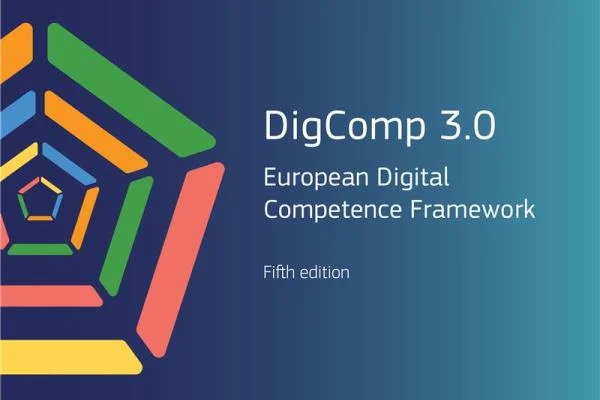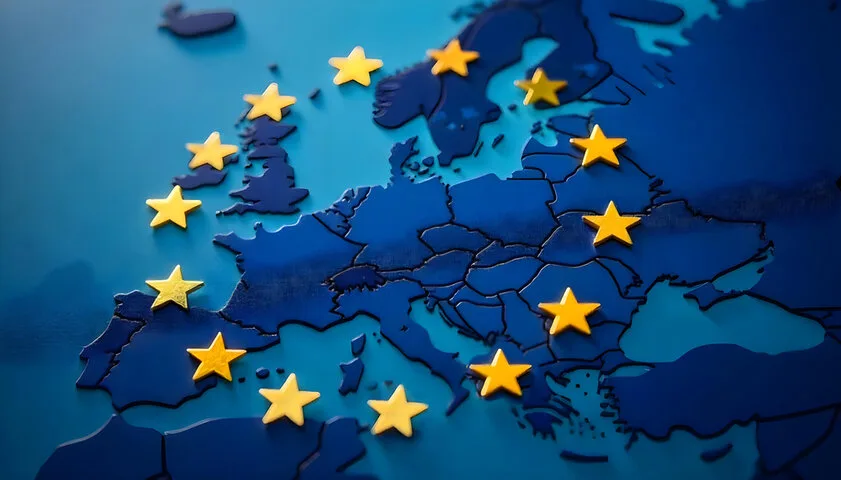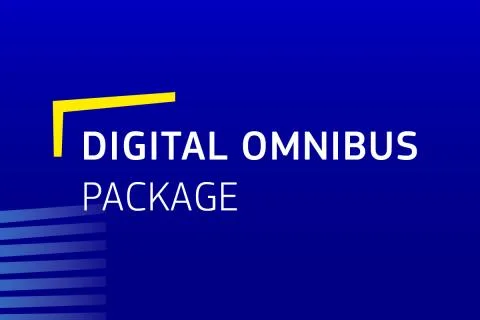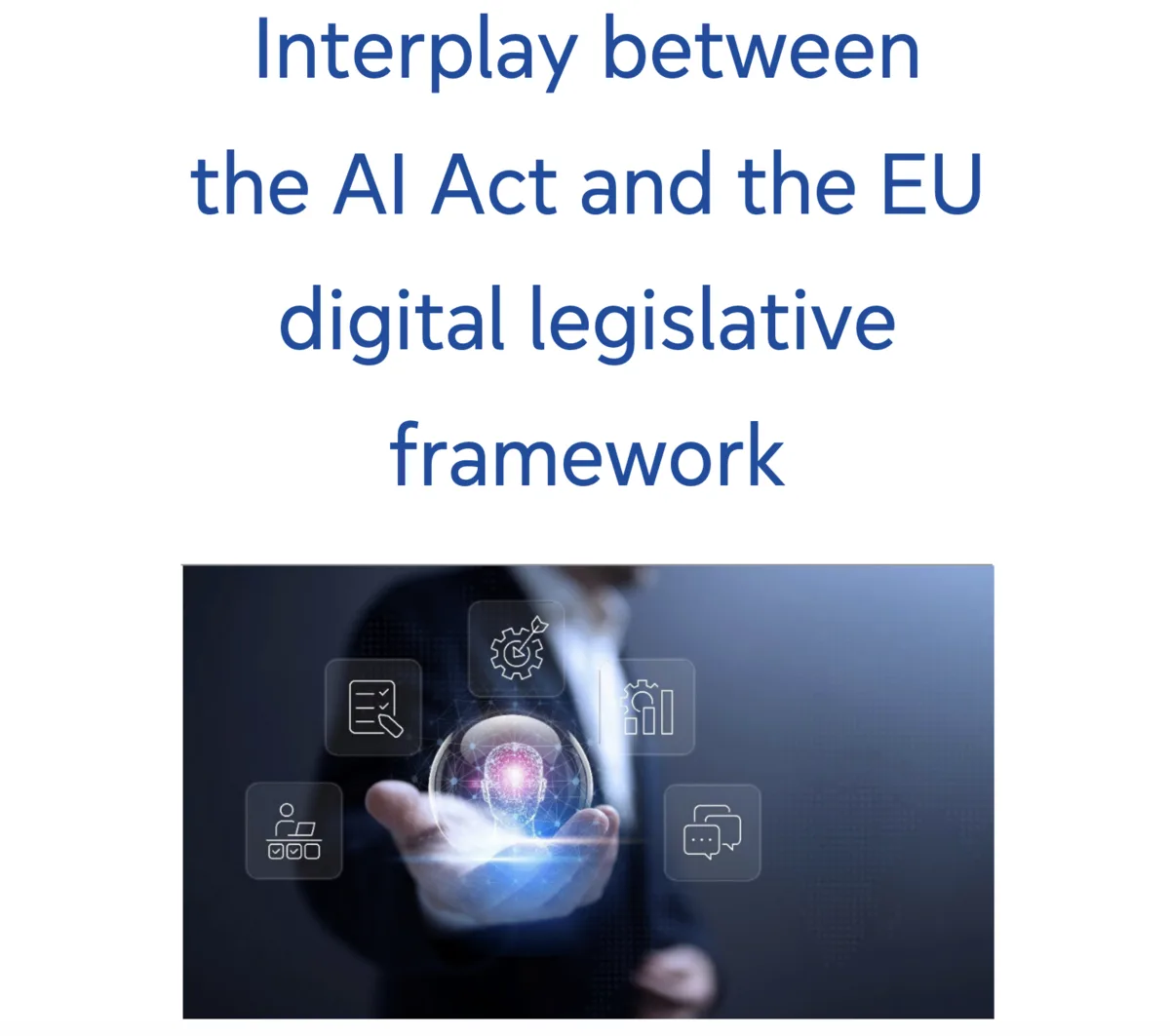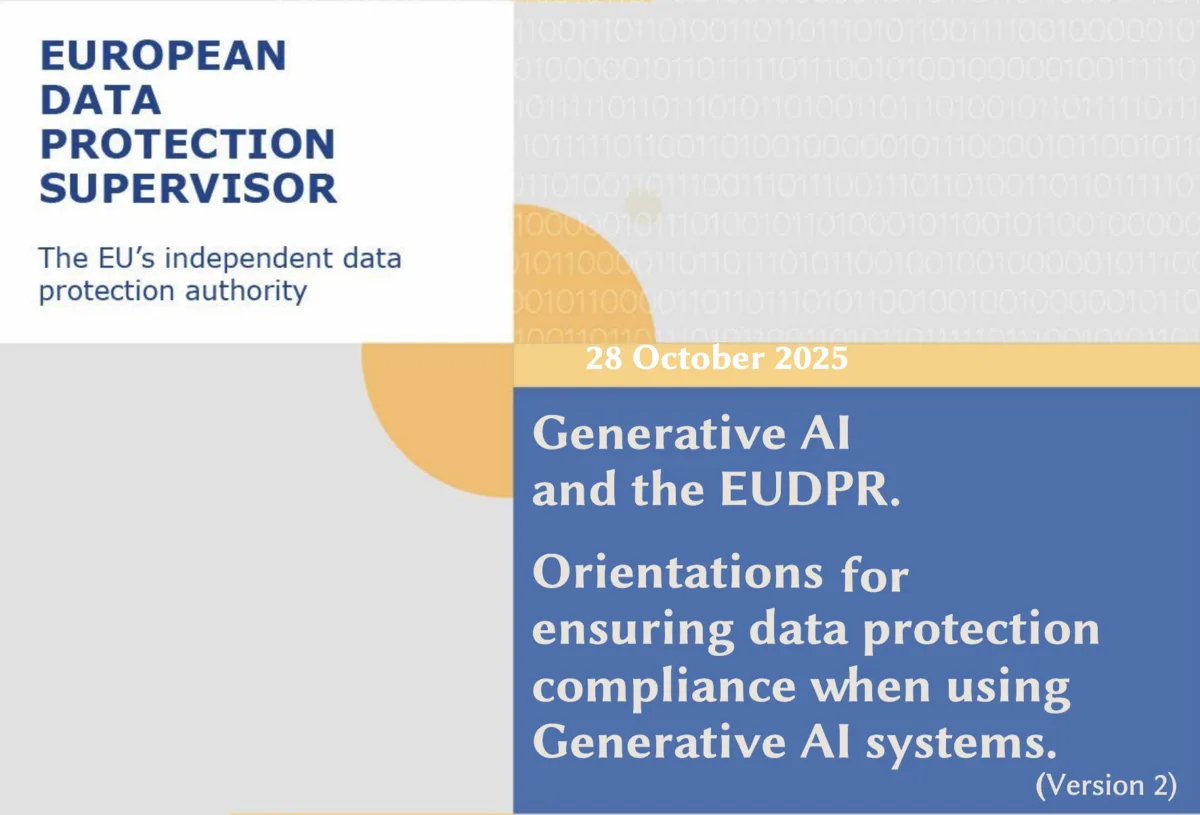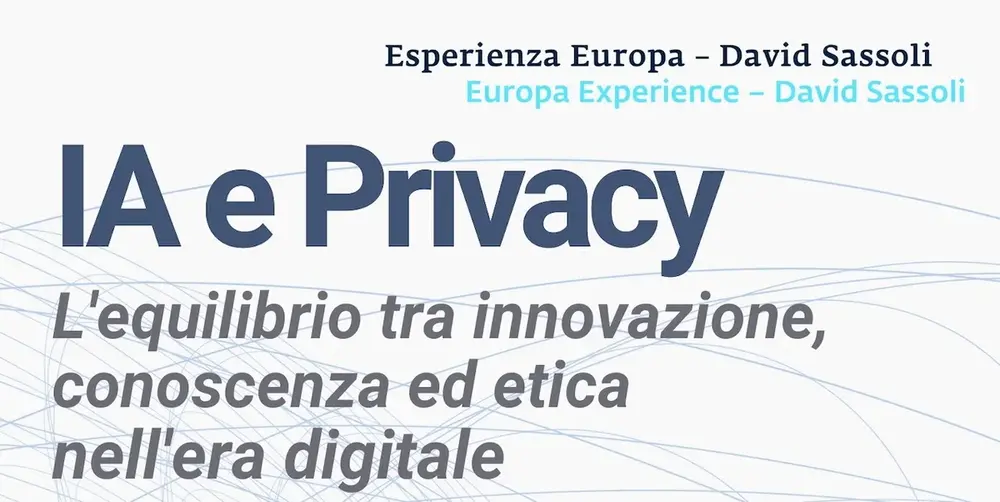
Safer Internet Forum 2025 and the Comprehensive EU Framework for Child Online Protection
On December 3, 2025, the European Commission announced the opening of Safer Internet Forum 2025, highlighting three fundamental pillars: DSA guidelines on protection of minors (July 14, 2025), age verification blueprint (July and October 2025), and first enforcement actions against platforms including Snapchat, YouTube, Apple App Store, and Google Play (October 2025). A comprehensive analysis of the European framework for child online safety.
